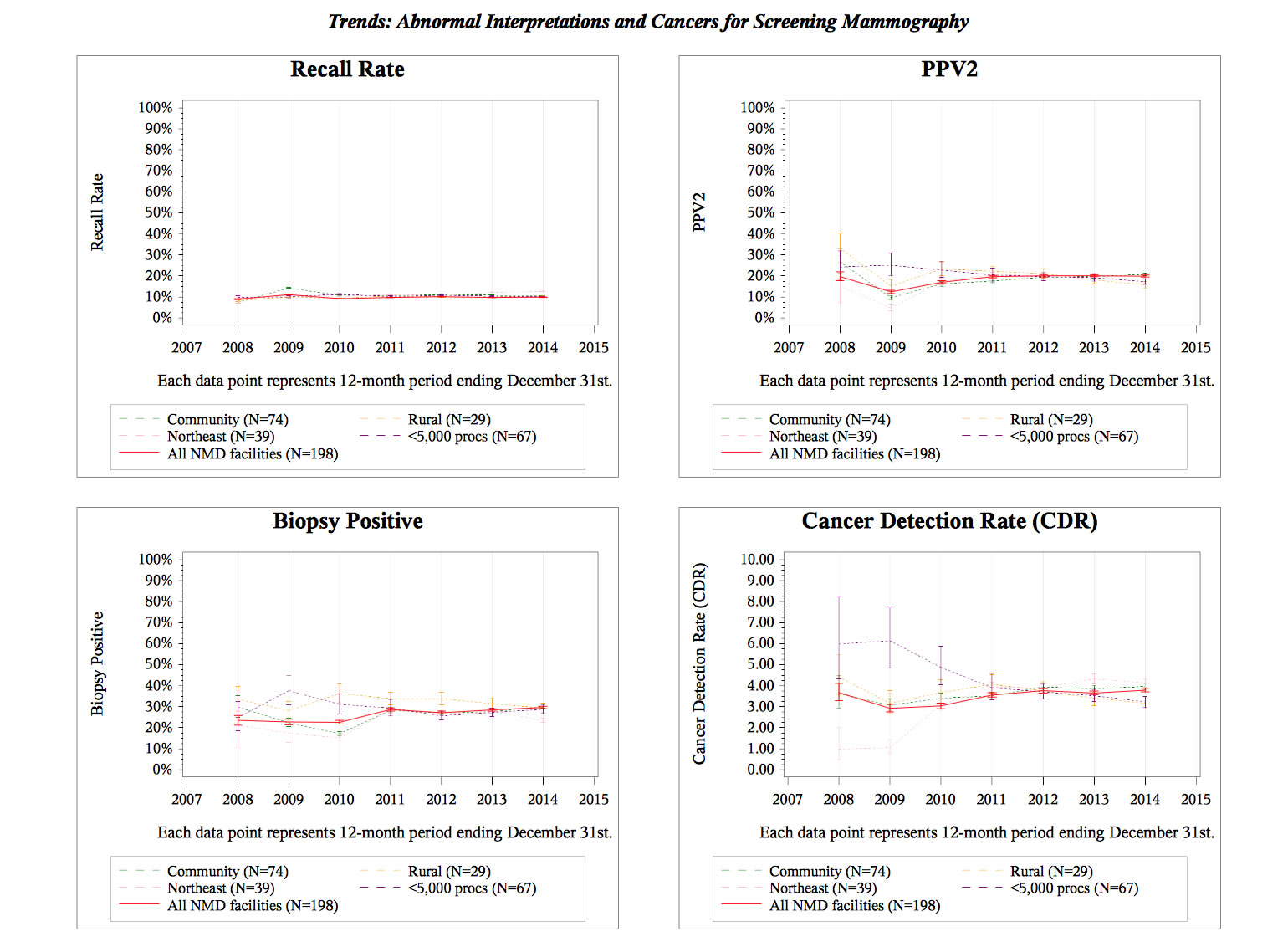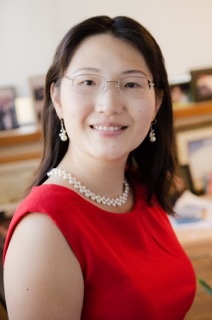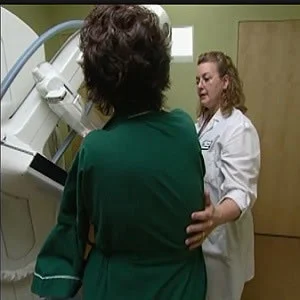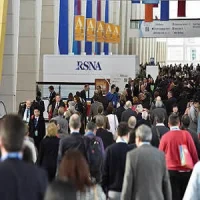According to the results of the largest-ever study on screening mammography outcomes, there is no clear cut-off age when breast cancer screening should be stopped. The findings were presented at the annual meeting of the Radiological Society of North America (RSNA).
Breast cancer screening has been a controversial issue for quite some time with significant confusion as to the age and frequency with which it should be conducted. In 2009, the United States Preventive Services Task Force (USPSTF) released new guidelines which said that there was insufficient evidence to support the benefit of screening mammography in women 75 and older.
During this study, the researchers analysed data from 5.6 million screening mammograms that were performed over a period of 7 years. Patients were evaluated on the basis of their demographics, mammography results and biopsy results. Data from approximately 2.5 million women over the age of 40 were categorised into groups based on 5-year age intervals (40-44, 45-49) and so on. The performance of mammography screening was evaluated on the basis of four performance metrics: cancer detection rate, recall rate, positive predictive value for biopsy recommended (PPV2) and biopsy performed (PPV3).
Results showed a mean cancer detection rate of 3.75 per 1000 patients, recall rate of 10 percent, PPV2 of 20 percent and PPV3 of 29 percent. In addition, the performance metrics showed an upward trend for cancer detection rate, PPV2 and PPV3 on increasing age from 40 to 90 years and a downward trend in recall rate.

"The continuing increase of cancer detection rate and positive predictive values in women between the ages of 75 and 90 does not provide evidence for age-based mammography cessation,"said Cindy S. Lee, MD, assistant professor in residence at the University of California, San Francisco. She also adds that the risk of breast cancer appears to increase with age and thus it is important to further investigate the appropriate age at which breast cancer screening is stopped.

Findings from this new study thus support the view that screening decisions should be based on each patient's specific health profile and status.
Source: RSNA
Image Credit: RSNA
Latest Articles
RSNA 2016, Mammography, #RSNA, breast cancer screening
According to the results of the largest-ever study on screening mammography outcomes, there is no clear cut-off age when breast cancer screening should be stopped. The findings were presented t the annual meeting of the Radiological Society of North Ameri










